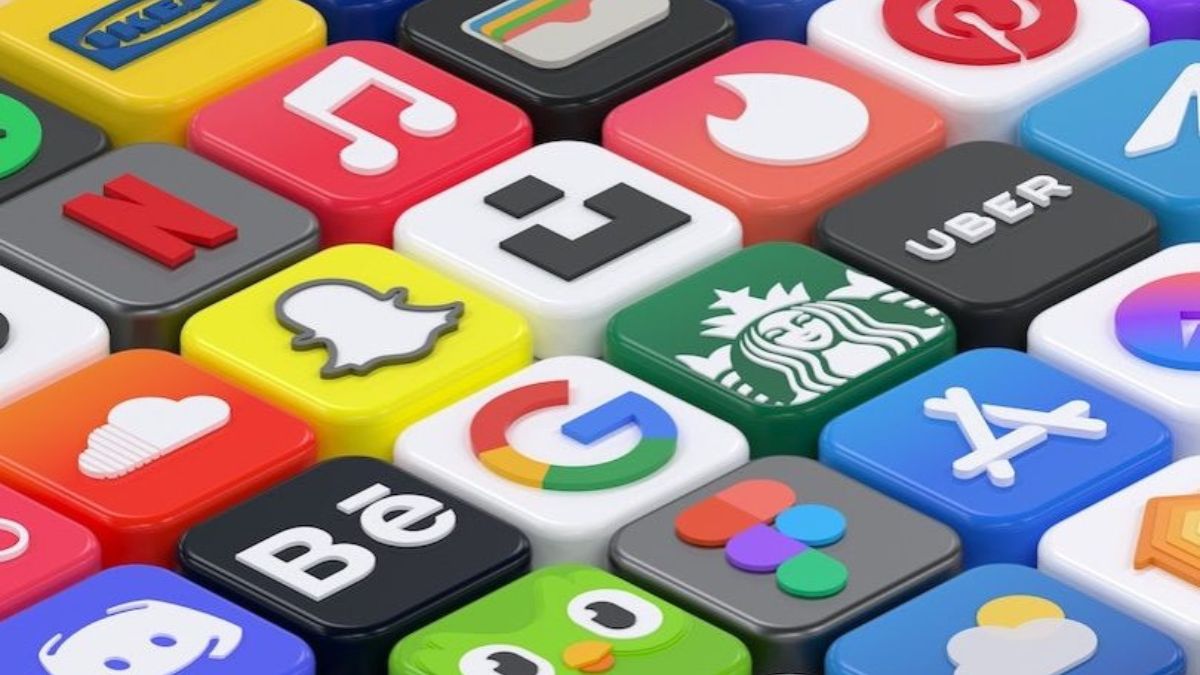As of August 15, U.S. House of Representatives staffers will be prohibited from using ByteDance apps on government devices, reflecting growing concerns over data privacy. While the ban currently affects apps like TikTok, CapCut, Hypic, Lark, and Lemon8, the scrutiny around these apps is more about the data they collect and their connections to China.
What ByteDance Apps Collect
ByteDance apps, including TikTok, have come under fire for extensive data collection practices. Here’s a rundown of what they gather:
- Personal Information: Name, age, username, email, password, phone number, and location.
- Device Information: IP address, cellphone carrier, time zone, device model, and operating system.
- Biometric Data: Facial IDs and voiceprints.
- Messaging Details: Content, timestamps, and metadata of your messages.
- Purchase Data: Information on transactions, including credit card details and shipping addresses.
- Activity Tracking: Data on your activities on other websites and apps, including shopping habits.
- File Information: Names and types of files.
- Keystroke Patterns: Your typing patterns and rhythms.
- Visual Data: Objects, landmarks, and scenery in your videos.
- Web Activity: The most visited web pages and interaction details.
- Clipboard Data: Text, images, and videos on your clipboard.
- Embedded Data: Information embedded in images and ads to track viewing times and details.
The extent of data collection can be so comprehensive that it nearly mirrors the information on your entire phone. Although TikTok has claimed to store U.S. data domestically, concerns persist about connections to Chinese servers.
Concerns with Temu
Temu, another popular app owned by Chinese company PDD Holdings, also raises privacy concerns. Despite being based in the U.S., Temu has been criticized for potentially accessing and monitoring activity across other apps, notifications, private messages, contacts, and more. Temu has denied these allegations, stating it collects only essential information.
What You Can Do
If you’re concerned about your privacy, you can take the following steps:
To Delete Apps on Android:
- Long-press the app, then select App Info > Uninstall.
- Go to Settings > Apps & Notifications, find the app, and uninstall it.
- Alternatively, open the Google Play Store app, navigate to Menu > My apps & games, select the app, and tap Uninstall.
To Delete Apps on iPhone:
- Touch and hold the app, then choose Remove App > Delete App > Delete.
- Use the App Library for a curated list of apps. Swipe past the last Home screen page, select the app, then Delete App > Delete.
A Temporary Solution
If you need to use these apps but are worried about data security, consider installing them on an old device disconnected from your sensitive accounts. Use a guest network or a separate data plan to limit exposure.
The choice to keep or remove these apps ultimately depends on your comfort level with their data practices. Balancing convenience with privacy is key in today’s digital age.


